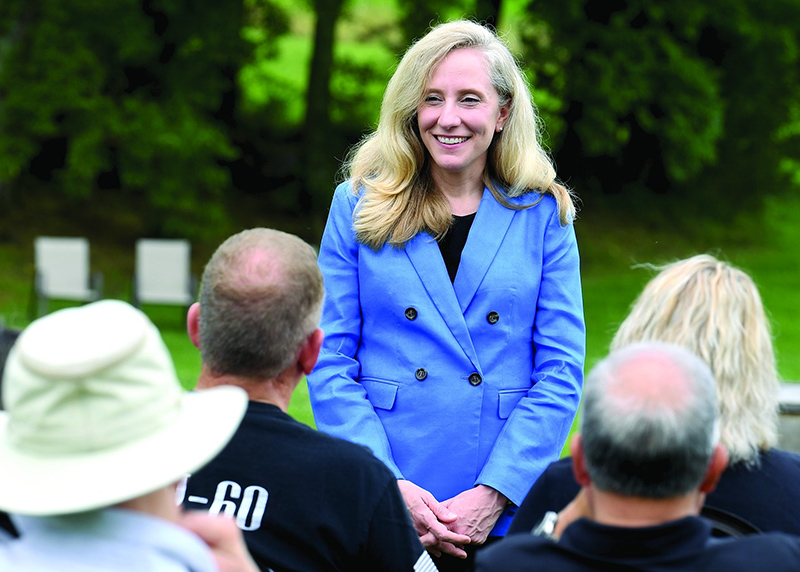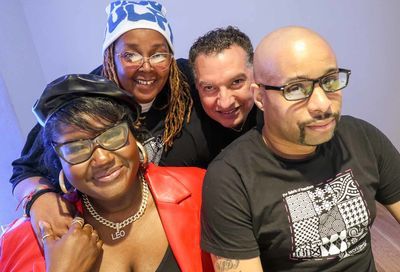Justice Scalia Defends Anti-Gay Ruling in Texas Sodomy Case
Less than a week after the Supreme Court announced it would weigh in on same-sex marriage, Justice Antonin Scalia defended anti-gay legal opinions he has written as one of the high court’s nine justices during an appearance at Princeton University.
According to the Associated Press, Scalia was asked by a gay student Monday night to explain why he equates laws banning sodomy to laws banning bestiality and murder.
“If we cannot have moral feelings against homosexuality, can we have it against murder? Can we have it against other things?” Scalia asked, adding that he was not equating homosexuality to murder but the similarities to the bans on both.
“It’s a reduction to the absurd. … I don’t think it’s necessary but I think it’s effective,” Scalia said, according to The Daily Princeton.
“I’m surprised you weren’t persuaded,” he added.
The student, freshman Duncan Hosie, questioned Scalia’s dissenting opinion in Lawrence v. Texas, which struck down a Texas anti-sodomy law in 2003.
Although Scalia declined to address issues currently before the court, his defense of his Lawrence dissent offers a glimpse as to where Scalia, one of the high court’s most conservative justices, will come down in the cases concerning the Defense of Marriage Act and California’s Proposition 8.
Scalia also reiterated his view that the Constitution is not a “living document” up for interpretation.
“It isn’t a living document,” Scalia said. “It’s dead, dead, dead, dead.”
“My Constitution is a very flexible one,” he added. “There’s nothing in there about abortion. It’s up to the citizens. … The same with the death penalty.”
As Metro Weekly noted earlier today, Scalia and the swing justice on the court, Anthony Kennedy, clashed in the 2003 case regarding anti-sodomy laws.
“The petitioners are entitled to respect for their private lives,” Kennedy, a social libertarian who sometimes votes with the court’s four conservative justices, wrote in his majority opinion. “The State cannot demean their existence or control their destiny by making their private sexual conduct a crime.”
Scalia, writing the dissenting opinion, accused the court of signing onto the “so-called homosexual agenda” directed at “eliminating the moral opprobrium that has traditionally attached to homosexual conduct.”
Scalia added, in part, “If moral disapprobation of homosexual conduct is ‘no legitimate state interest’ … what justification could there possibly be for denying the benefits of marriage to homosexual couples?”
[Photo: Antonin Scalia (Courtesy of Wikimedia Commons).]
Support Metro Weekly’s Journalism
These are challenging times for news organizations. And yet it’s crucial we stay active and provide vital resources and information to both our local readers and the world. So won’t you please take a moment and consider supporting Metro Weekly with a membership? For as little as $5 a month, you can help ensure Metro Weekly magazine and MetroWeekly.com remain free, viable resources as we provide the best, most diverse, culturally-resonant LGBTQ coverage in both the D.C. region and around the world. Memberships come with exclusive perks and discounts, your own personal digital delivery of each week’s magazine (and an archive), access to our Member's Lounge when it launches this fall, and exclusive members-only items like Metro Weekly Membership Mugs and Tote Bags! Check out all our membership levels here and please join us today!




















